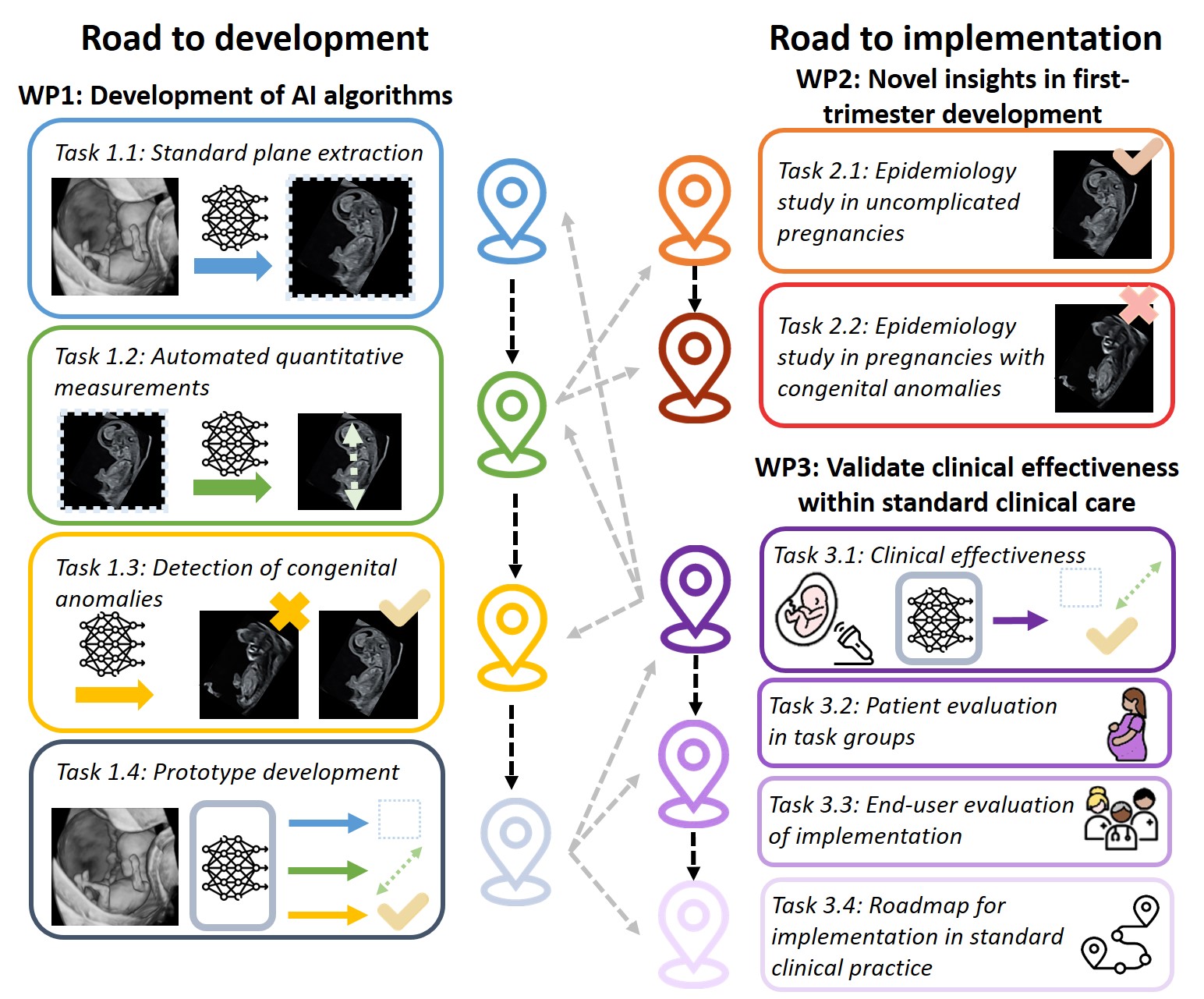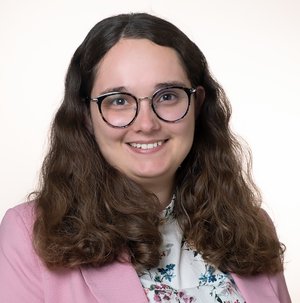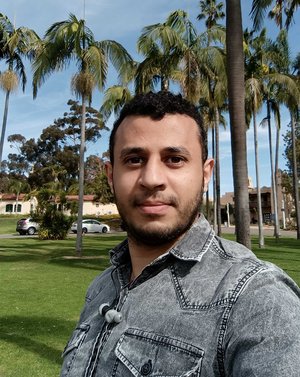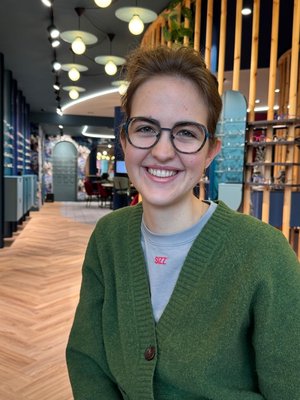Background
Yearly, around 130 million children are born worldwide, of which 6% are born with a congenital anomaly. Their morbidity and mortality are substantially higher when compared to healthy newborns. For studying fetal development and detecting congenital anomalies, ultrasound imaging is the standard-of-care modality, as it is non-invasive, safe and widely available. However, major limitations are: 1) low detection rates of congenital anomalies; 2) time-consuming examinations and operator-dependencies; 3) low success rates of measurements; 4) analysis is performed on two-dimensional slices, not capturing complete picture provided by three-dimensional (3D) images. Hence, there is critical need for automated ultrasound image analysis methods to get a more detailed picture of the developing fetus.
Objectives
Our aim in FAST-AI is to develop innovative Artificial Intelligence (AI) algorithms based on deep learning to support detection of congenital anomalies in the first trimester of pregnancy using 3D ultrasound. Specifically, the goal is to a) develop AI algorithms for automated standard-plane extraction, quantitative measurements, and congenital anomaly detection; b) provide novel insights in first-trimester development using AI-derived measurements; and c) study clinical effectiveness of AI algorithms in clinical practice, considering both patient and end-user perspectives.
Collaborators
This project is performed in close collaboration with the Periconception Epidemiology group chaired by Prof. Régine Steegers-Theunissen of the Department of Obstetrics and Gynecology and the Department of Pediatrics of the Erasmus MC, University Medical Center in Rotterdam. Dr. Melek Rousian is principal investigator of periconception and pregnancy imaging within the Periconception Epidemiology group at the same department. Her main research field is on the impact of environmental and lifestyle factors on fetal growth and development, and construction and implementation of innovative imaging modalities in pregnancy and clinical practice. Additionally, this project is a collaboration between Erasmus MC and ultrasound equipment manufacturer GE HealthCare.




